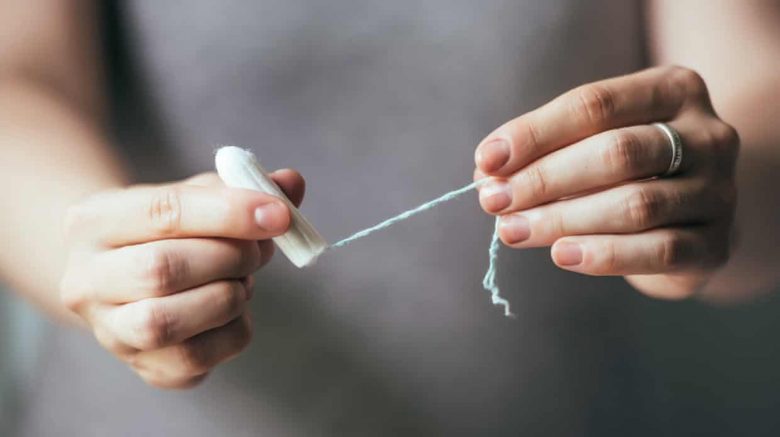Girls in New Zealand high schools will no longer have to pay for sanitary products after the government announced it would foot the bill in an attempt to stamp out widespread period poverty.
Prime minister Jacinda Ardern said sanitary supplies for a monthly period were not a luxury, but a necessity and too many girls were skipping school because they weren’t able to afford pads and tampons.
Schools in deprived areas also reported girls being forced to use toilet paper, newspaper and rags in an attempt to manage their period.
Fifteen Waikato schools – identified as those most in need – will have access to free products from term three of this year, with the programme going nationwide on an opt-in basis by 2021.
“We know that nearly 95,000 nine-to-18-year-olds may stay at home during their periods due to not being able to afford period products,” Ardern said. “By making them freely available, we support these young people to continue learning at school.”
Dignity, a local NGO that provides some schools with sanitary supplies, said they were “ecstatic” about the government’s decision.
“For students, a lack of access to period products not only exacerbates feelings of shame and a gendered financial burden but has shown to increase absenteeism,” said Miranda Hitchings. co-founder of Dignity.
“It’s a fantastic investment from our government. However, this is just the beginning. Period poverty doesn’t just affect students. It’s a subset of poverty, and many other groups, like those experiencing homelessness and income loss, deeply feel the implications from a lack of access to products.”
Caro Atkinson, the school counsellor at He Huarahi Tamariki School says: “When you, through no fault of your own, don’t have access to basic human needs, that really impacts how you see yourself, it erodes your sense of worth, your sense of self, your sense of mana.”
The Labour coalition government aims to halve child poverty in a decade, and Ardern said while that task had been made more complex by the implications of Covid-19, it was important to invest in programmes that would make an “immediate difference” to the lives of deprived girls around the country.
Julie Anne Genter, the minister for women, said the cost of sanitary products could be “prohibitive” for some families and could result in monthly school absences for children and girls who couldn’t afford them and weren’t able to manage their period hygienically at school.
“Menstruation is a fact of life for half the population and access to these products is a necessity, not a luxury,” Genter said.

